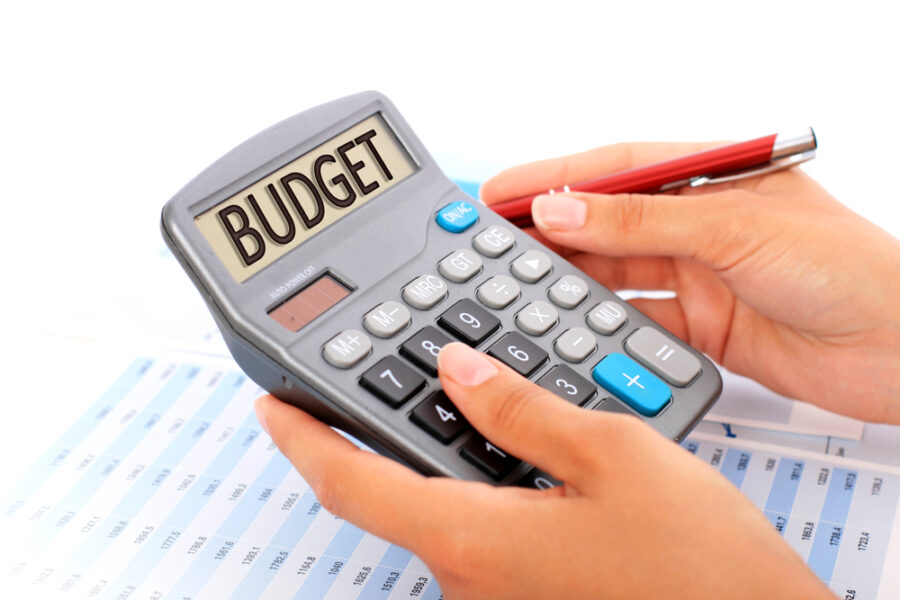In short, budgeting is a way for you to manage your money and make it go further. There are a few different ways to approach this. You can start by listing the things that matter most in your life at the moment. With a budget, you can see where your money is going and decide what’s important to you. That’ll help you save for the things that matter most. The first step in creating your budget is determining what expenses are essential and which are optional or discretionary.
Track your spending
To budget effectively, you need to know where your money is going. A budget template can help you track your spending and identify areas in which you might be overspending. There’s a simple way to do it. First, create a spreadsheet that tracks all of your expenses for a month or several months. Another thing is you make columns for categories such as rent/mortgage, utilities, groceries, and transportation costs. Lastly, you enter each expense into its corresponding category.
Set goals
Some people might fear setting goals because they are too lofty and unattainable. If your plan is not going to be a little out of reach, it’s probably not worth shooting for. That doesn’t mean you can’t set smaller goals in the process, but having a big-picture end goal will help keep you focused on what you need to do to get there.
Add up your monthly income
Most people get paid regularly, either weekly or monthly. If you are paid every other week, estimate as if it were a monthly paycheck. If you are self-employed and don’t receive a regular check from an employer, calculate your average monthly income over the last three months. This should give you an accurate idea of how much money is coming in each month so we can begin building our budget together!
Add Up Your Monthly Fixed Expenses
This is a big one. Your fixed expenses are all the same monthly amount, no matter what. If you’re moving into your first place and paying for rent, that’s a fixed expense. Another thing to note is if you’re driving around in your car and have a car payment, that’s a fixed expense. If you own a home and pay property taxes yearly, that’s also a fixed expense. You get the idea—anything that doesn’t go up or down from month to month is considered “fixed.”
Understand the Difference Between Wants and Needs
Wants and needs are necessary when ordering food, but they aren’t the same. Wants are things you want but don’t need, and needs are things you need to survive. If your order has too many wants and not enough needs, it will be difficult for us to get the ingredients together in time for pickup or delivery. Remember: wants to take longer than needs.
Budgeting can be very rewarding and doesn’t take much time to set up. You can do it on paper or online with your bank’s website or app and even have an amazing budget template in under an hour. The most important thing is to keep track of your spending habits consistently.




